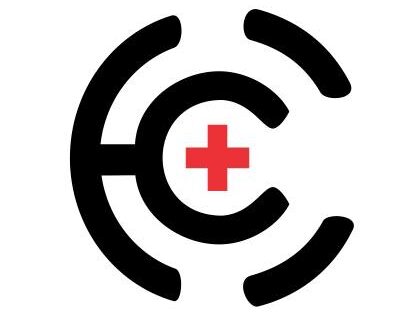Department of Obstetrics
Making Pregnancy Journey easy by
Department of Gynecology
Our Gynecology Department is staffed with experienced gynecologists who specialize in providing comprehensive care for women’s reproductive health, including:
Our gynecologists are dedicated to offer compassionate and personalized care for women at all stages of life, ensuring optimal health and well-being.
What is Gynecology?
Gynecology is a medical specialty that focuses on the health of the female reproductive system, including the uterus, ovaries, fallopian tubes, and breasts. Gynecologists are experts in diagnosing, treating, and managing a wide range of conditions related to women’s reproductive health.
Secure your health with a second opinion. Make informed decisions and book your appointment today!
What conditions do gynecologists treat?
Here are some of the main health problems that gynecologists usually treat:
What treatments do gynecologists provide?
Here are some of the common treatments provided by gynecologists:
What organs do gynecologists specialize in?
Gynecologists are trained to diagnose and treat conditions affecting the following organs and systems:
What diagnostic tests are conducted in Gynecology?
Gynecologists utilize a variety of diagnostic tests to assess and diagnose reproductive health conditions. Some common diagnostic tests include:
Ready to take control of your health journey?Book your appointment now and start your path towards wellness today!
Make an appointment just in few minutes – Call Us Now
8598986666
Frequently Asked Questions
1. How can I find the best gynecologist near me?
To find the best gynecologist near you, visit City Hospitals’ website and explore our list of experienced gynecologists who specialize in comprehensive women’s health care.
2. What conditions are treated in gynecology?
Gynecology covers a wide range of conditions, including menstrual disorders, infertility, menopause, and gynecological cancers.
3. What makes a gynecologist’s specialty unique?
Gynecologists have specialized training in women’s reproductive health, allowing them to provide expert care for both routine and complex gynecological issues.
4. Where can I find a comprehensive list of gynecology services?
Visit our Hospital website for a detailed list of gynecology services offered by our expert gynecologists. From preventive care to advanced treatments, we provide comprehensive care for women’s health.
5. What diagnostic tests are commonly used in gynecology?
Gynecologists use a variety of diagnostic tests to assess reproductive health, including Pap smears, pelvic ultrasounds, and mammograms.


